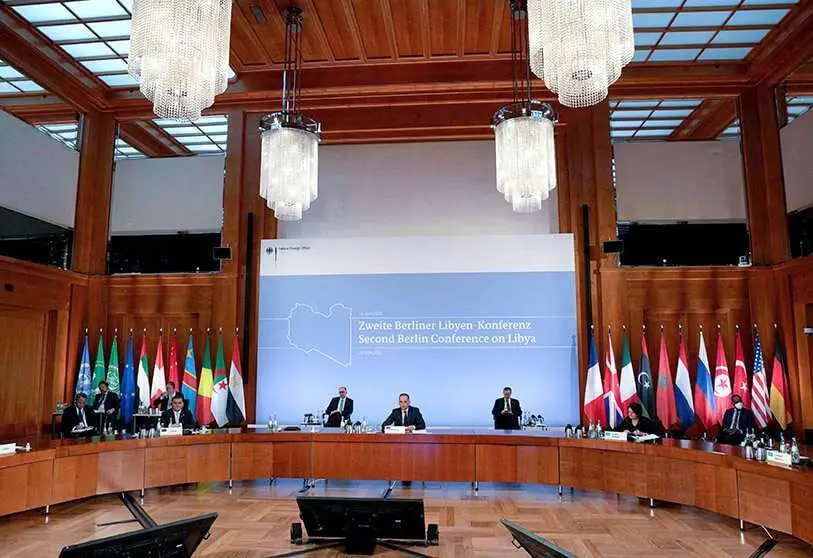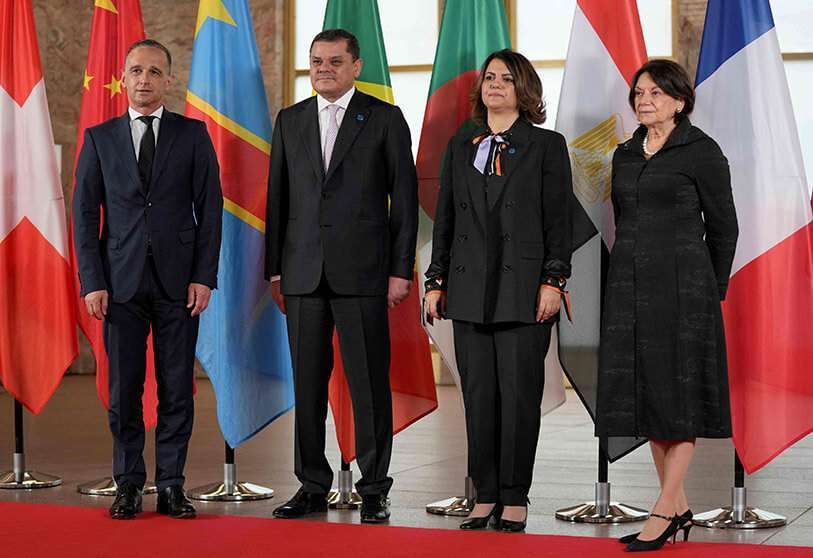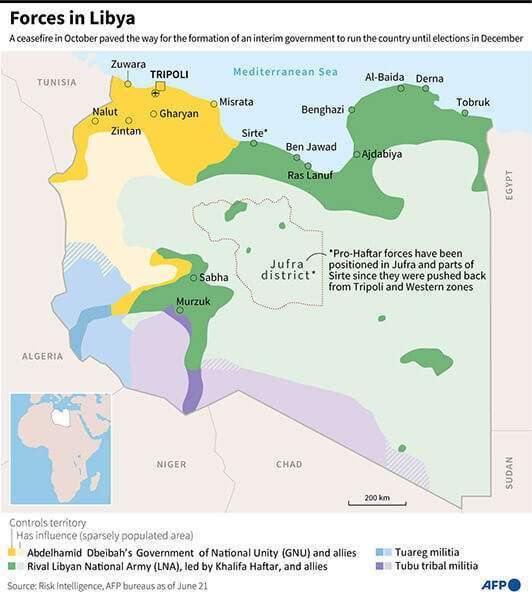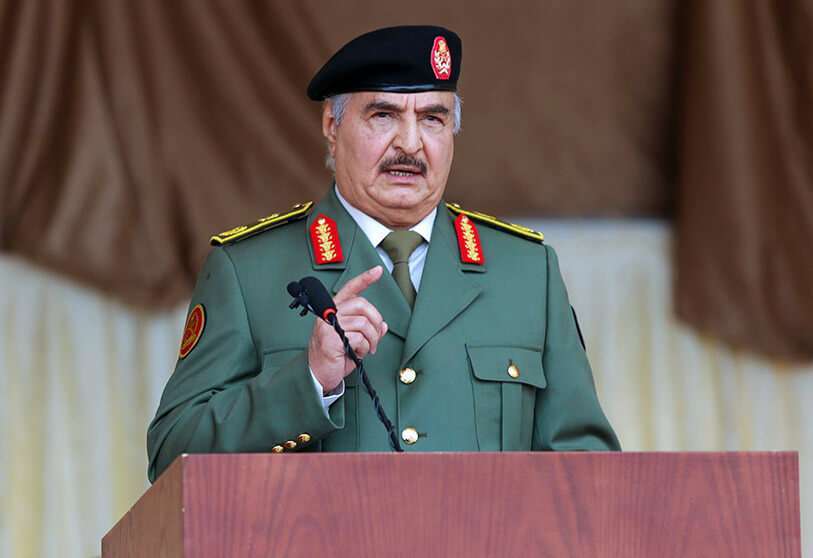Turkey seeks to keep its military presence in Libya despite international pressure

The second conference, that kicked off in Berlin on 23 June, demonstrated a significant progress made by the interim authorities and external actors over the past year towards resolving the Libyan conflict. However, despite solidarity showed by international mediators on the need for withdrawing all foreign troops and mercenaries from Libya, this issue is yet to be resolved, which slows down the process of national reconciliation as well as the ongoing preparations for general elections scheduled for December 24.
Although the Minister of Foreign Affairs of the Libyan Transitional Government, Najla Al-Mangush, expressed the hope during the conference that mercenaries on both sides would leave the country within the coming days, Turkey's intentions to maintain its military presence in Libya posed an insurmountable obstacle to tackling the problem.

From the outset of its involvement in the Libyan conflict, Turkey has maintained what it believes to be the most legitimate and mutually beneficial approach by supporting the Tripoli-based GNA. Instead of supplying weapons and military equipment, Turkish leaders signed a series of beneficial agreements with the GNA, formally cementing the presence of its military contingent in Libya and initiating a revision of maritime boundaries in the eastern Mediterranean with a view to extending the exclusive economic zone and conducting geological explorations in the disputed waters.
In the face of a storm of international criticism over the signing of the controversial agreements, Ankara continued to insist on its merits, citing the recognition and legitimacy of the GNA worldwide. Thus, neither the absence of the legally required vote of confidence in the country's parliament for the GNA nor the expiry of its mandate after the conclusion of the Skhirat agreement led Ankara to doubt the validity of the agreements reached with the Libyan authorities.

The rejection of Khalifa Haftar's offensive on Tripoli and the retention of the GNA in power, both achieved with Turkey's direct support, have finally convinced Ankara of its exceptional role in Libya. Indeed, under the pretext of protecting the so-called official Libyan government, the Turks managed to gain a foothold in North Africa and establish a zone of influence in the Mediterranean, thus dealing a blow to the interests of regional rivals like Egypt and Greece.
For Turkey, the appointment of the interim government of national unity resulting from the UN Political Dialogue Forum has not changed anything. The new authorities aiming to end the dual power and enmity between the parties to the conflict have found nothing better than to immediately reaffirm their commitment to the obligations of previous agreements with Turkey. The GNU leadership claimed that these agreements "fully correspond to Libya's interests", dispelling illusions about the impartiality of the new administration headed by Prime Minister Abdul Hamid Dbeiba.

While enjoying the GNU's loyalty, Turkey continued to defend its military presence in the North African country as part of international efforts to combat foreign interference. To this end, Ankara began actively promoting a differentiated approach to the withdrawal of its mercenaries and regular troops from Libya. The Turkish leadership insists that its regular troops have the right to remain in Libya on the basis of existing agreements with the Libyan government and that their future presence should be discussed separately from that of the mercenaries. At the same time, Ankara intends to fulfil its obligations to the international community by agreeing to withdraw some of its militants brought from Syria to join the fighting against Khalifa Haftar's troops. According to circulating reports, Turkey only agreed to withdraw 300 of its thousands of mercenaries active in Libya.
Turkey's attempts to gain a foothold in North Africa may undermine the political process and lead to undesirable outcomes, given that the withdrawal of a foreign contingent was the main condition for the truce. In this sense, Turkish actions should also be properly addressed by European powers and the UN, whose efforts are currently aimed at establishing a lasting peace and holding national elections.
Alaeddin Saleh is a Libyan journalist with a long history of studying and covering Libya and the Middle East.








